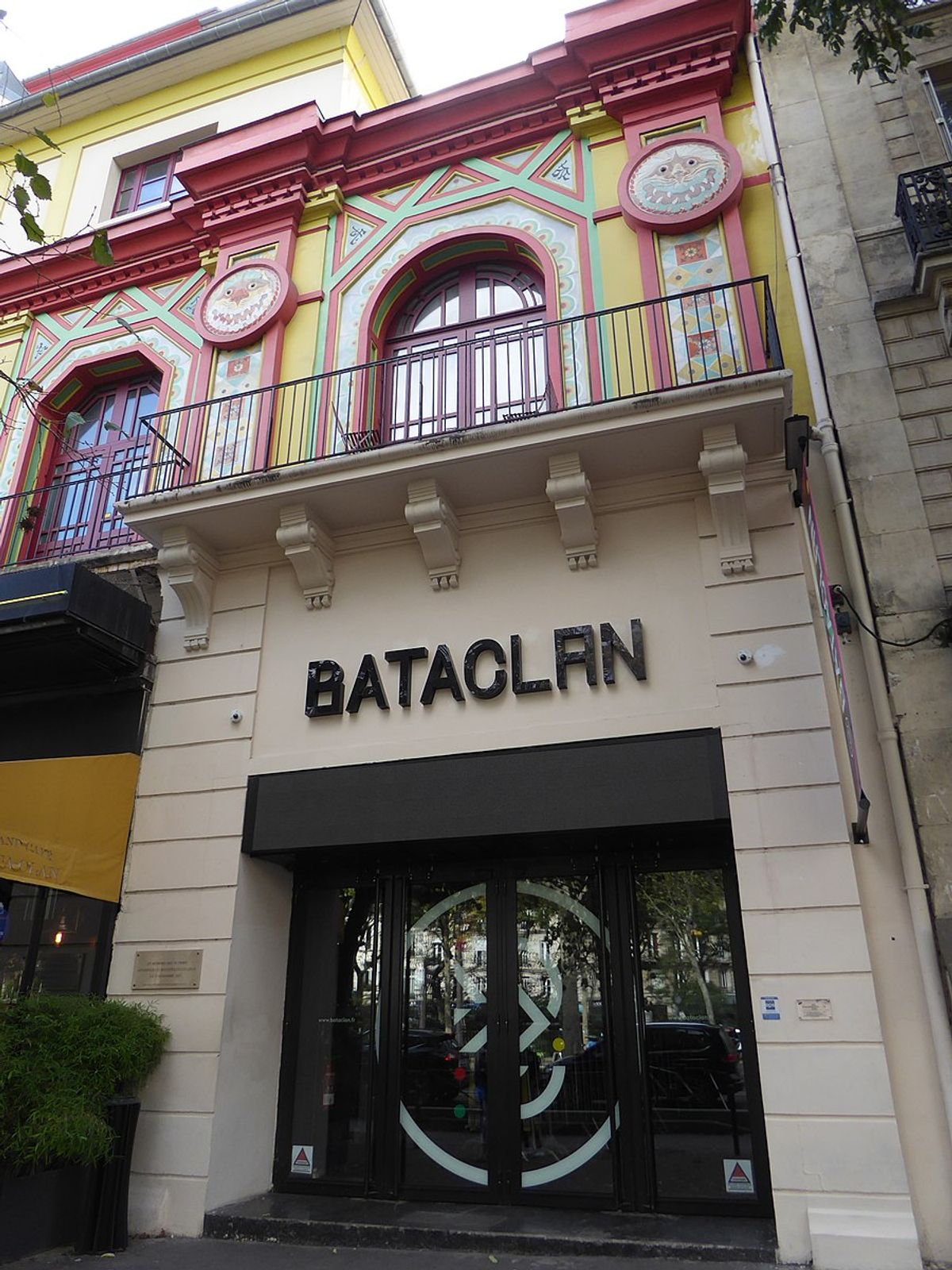A prominent French surgeon faces legal and disciplinary consequences after he attempted to sell an X-ray taken of his former patient, who survived the November 2015 attack on the Bataclan concert hall in Paris by members of Islamic State (Isis), as an NFT (non-fungible token). The X-ray, which he listed for sale on NFT marketplace OpenSea for the equivalent of $2,776 in Ethereum, showed the patient’s forearm with a 39mm round from an assault rifle lodged near the bone.
According to a report in Euronews, Emmanuel Masmejean, a senior orthopaedic surgeon at the Georges Pompidou Hospital in Paris, even described his former patient in the listing for his ill-conceived digital artwork, claiming that "this young patient, who lost her boyfriend in the attack, had an open fracture of the left forearm with a remaining Kalashnikov bullet in the soft tissue”.
“This doctor, not content with breaking the duty of medical secrecy towards this patient, thought it would be a good idea to describe the private life of this young woman, making her perfectly identifiable,” said the woman’s lawyer, Elodie Abraham, according to The Guardian. She added that the surgeon even called the woman on 23 January “to justify himself without expressing the slightest regret nor empathy towards her”. The woman has asked to remain anonymous.
The assault on the Bataclan concert hall was part of a coordinated series of shootings and bomb attacks in Paris on the night of 13 November 2015 in which 130 people were killed.
In the United States, the US Copyright Office’s Copyright Compendium says they won’t copyright images that have no creative purpose, including “medical imaging produced by X-rays, ultrasounds, magnetic resonance imaging or other diagnostic equipment”. However, according to the UK’s Copyright, Designs and Patents Act 1988 an X-ray may count as a photograph, in which case its copyright would go to the medical provider. Medical imagery is not protected by copyright under French law, according to intellectual property lawyer Joëlle Verbrugge.
An underlying problem with the largely unregulated NFT market is the possibility of minting and selling someone else’s copyrighted work, setting up the minter for possible intellectual property theft. In this case, not only did the surgeon potentially steal medical imagery from the Georges Pompidou Hospital, he also tried to steal his former patient’s agency.


